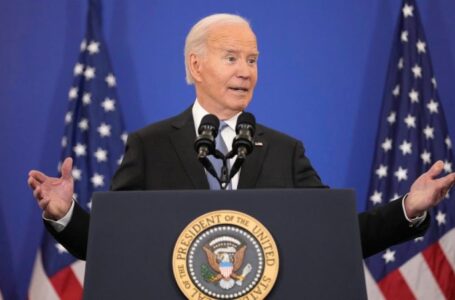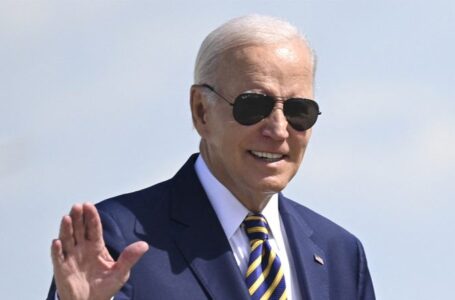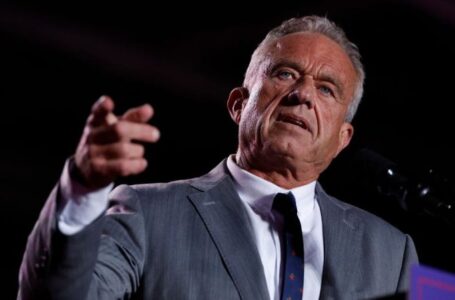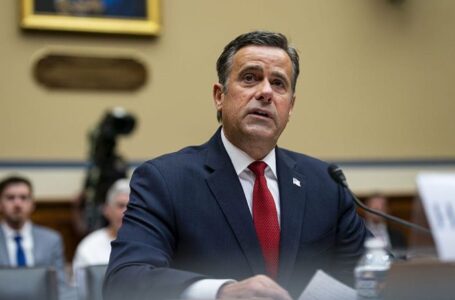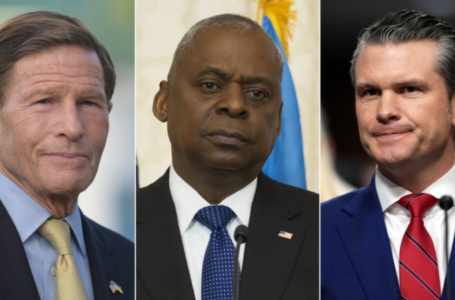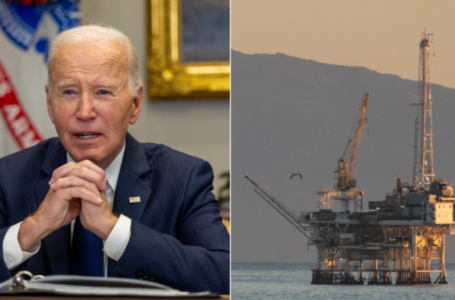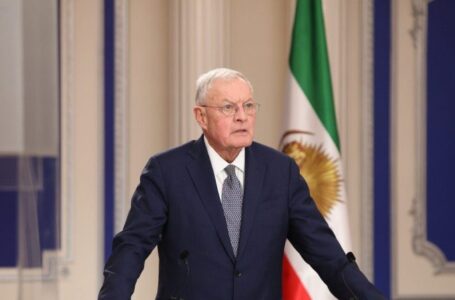Majority say Biden will be remembered poorly as president says farewell to the nation: poll
Meta’s oversight body prepares to lay off workers


Meta’s company-funded oversight body is planning to trim its workforce, a downsizing effort that could affect the board’s ability to police the world’s largest social media network.
Meta’s Oversight Board, an independent collection of academics, experts and lawyers who oversee the social media giant’s thorny content decisions, told some employees last week that their jobs were at risk of being cut, according to people familiar with the matter who spoke on the condition of anonymity to discuss internal matters.
The job eliminations probably will add to challenges facing the Oversight Board at a time when it has faced criticism for moving too slowly and cautiously to issue decisions and opinions that significantly shape how Meta handles contentious free speech debates. The cuts also could affect the Oversight Board’s longtime quest to be considered a viable model of governance for the social media industry in the eyes of regulators, civil society groups and the general public.
Stephen Neal, the chairperson of the Oversight Board Trust, said in a statement that the “targeted cuts” will allow the Oversight Board “to further optimize our operations by prioritizing the most impactful aspects of our work.”
“The Board continues to be one of the leading content moderation organizations in the world and Meta remains committed to its ongoing success and the Board is fully confident that the company will provide additional funding in the future,” Neal added.
Meta spokesman Andy Stone said in a statement that the company “remains committed to the Oversight Board” and “continues to strongly support its work.”
“We value the Board’s perspective, have implemented all their binding content decisions to date and will continue to update our policies and practices in response to their feedback,” Stone added.
Meta conceived the Oversight Board as an experiment in 2019 as regulators around the world were attempting to craft uniform rules governing social media platforms. Meta CEO Mark Zuckerberg had argued that the his company should not be in the position of making “so many important decisions” about how internet platforms should balance their desire to support free expression with their desire to protect users from harmful content.
But critics quickly questioned the idea, arguing that a board that is reliant on the company for funding and information would not have enough power to force the company to deal with long-standing issues such as misinformation and hate speech.
The Oversight Board’s leadership had been signaling in recent months that the organization would be likely to have to trim costs, the people said. The job cuts are expected to largely affect staffers who support board members who issue opinions on Meta’s content moderation decisions, the people said. The 22-member board is supported by staffers whose job responsibilities include research, translation and promotion of the organization’s work.
The board also has explored opportunities that would expand its scope and funding sources beyond Meta, including by becoming a de facto appeals body for content moderation cases on other platforms under the European Union’s Digital Services Act, the people said.
In 2022, the Oversight Board announced that Meta was investing an additional $150 million to fund for three years the Oversight Board’s independent trust, which is managed exclusively by the board. The company previously gave the board $130 million in 2019 when the Trust launched.
In recent months, the Oversight Board has ramped up the number of high-profile cases it has taken on as well as the scope of content it reviews. The Oversight Board recently said it would start to review posts on Meta’s text-based social media app, Threads, which is meant to rival X.
The Oversight Board has taken on an array of cases over the years, including its recent criticism of Meta’s policy on manipulated media after an altered video of President Biden spread on Facebook. That decision prompted Meta to expand its labeling of artificial-intelligence-generated content. The Oversight Board also weighed in on whether Meta should have suspended the account of then-President Donald Trump over his role in the Jan. 6, 2021, attack on the U.S. Capitol.
Under the rules, Meta and its users are allowed to appeal to the Oversight Board cases in which the company has taken down posts for violating its community standards — rules it imposes against hate speech, harassment and other problematic types of content. The decisions the Oversight Board makes on these cases are considered binding.
Separately, the Oversight Board can issue policy recommendations for changes to the company’s content moderation systems, but those are not considered binding.
Meta has been doing its own cost-cutting. Zuckerberg dubbed 2023 the company’s “year of efficiency,” which included slashing thousands of jobs and flattening the company’s hierarchy. Following the cuts, the company’s stock has rebounded over the past year as Meta builds out a suite of new AI-powered services.

